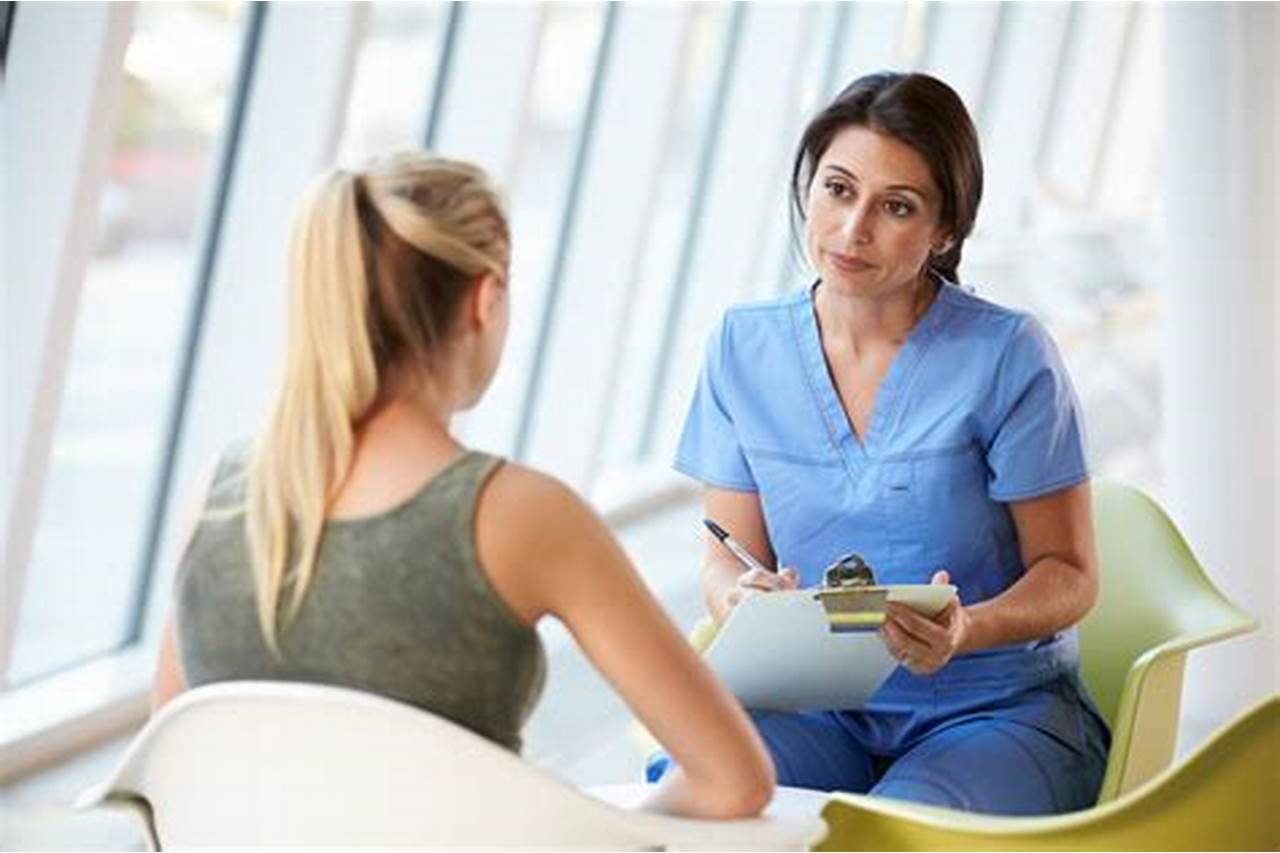As you start growing older, your body experiences several changes including reproductive changes as well. Menstrual pain is an unavoidable part of the monthly cycle. It can range from moderate to severe, depending on the number of days you are spotting each month.
While it may seem to get worse as people grow older, it can actually take a different course in the later years. With age adding weight and increasing stress levels, changes in hormones may alter the way our bodies function during menstruation. However, it can be a big cause of worry for women. It can push the limits and brings up a little bit of fear. So now let’s have a look over whether menstrual pain increases or reduces over time.
How do your periods evolve?
Periods occur after two to three years of breast development. It takes around another three years for the periods to go normal. Before that, it will be irregular with some gaps in months and unpredictability will be high. Entering into your 20s, it will become predictable and consistent as your body will ovulate regularly.
Most of the changes occur when you reach your 30s. Now, menstruation pain will be more intense accompanied by heavy periods. Moreover, your body may start developing benign tumors which can lead to different types of health conditions. The good part is menopause because you won’t have to suffer further from the periods once you attain it.
Adenomyosis
It’s a condition where the tissue on the uterus lining starts growing on the uterus wall as well. Eventually, it leads to inflammation and the bleeding becomes heavier. Women suffering from this medical issue will face intense abdominal pain.
Fibroids
Fibroids refer to the growth of non-cancerous tumors in and the surrounding areas of the uterus. This mainly happens due to the secretion of estrogen at high levels. Sometimes, it can cause unbearable abdomen and lower back pain. Here in this too, periods will be heavy.
Endometriosis
This period problem can result in the development of tissue that lines the womb to the outside of that. It arises during the childbearing age of a woman. Ultimately, it can make you suffer from period pain, back pain, heavy bleeding, and urination.
Pelvic Inflammatory Disease (PID)
PID is an infection of the reproductive organs. It is caused due to sexual transmission so take precautions when you are getting intimate with your partner. This issue mainly affects the uterus, fallopian tube, and ovaries.
Stress
Stress can alter your menstrual cycle by aggravating mood swings and period pain. It even makes inflammation worse by stimulating the cortisol hormone to act.
Conclusion
Everyone’s experience with menstrual pain is different. For some, they can be as gentle as a friend’s touch, while for others it feels as if their abdomen was being hit by inveterate fists. However, don’t feel like you’re alone if your worries are awkward.
Once you are close to reaching menopause, the intensity of menstrual pain will start to reduce. However, don’t avoid any unusual signs that you feel because of the period. It’s important to do regular exercise and eat the right foods to handle heavy periods or menstrual pain. In addition, protect your mental health because the downfall of your reproductive health can have detrimental mental effects.

